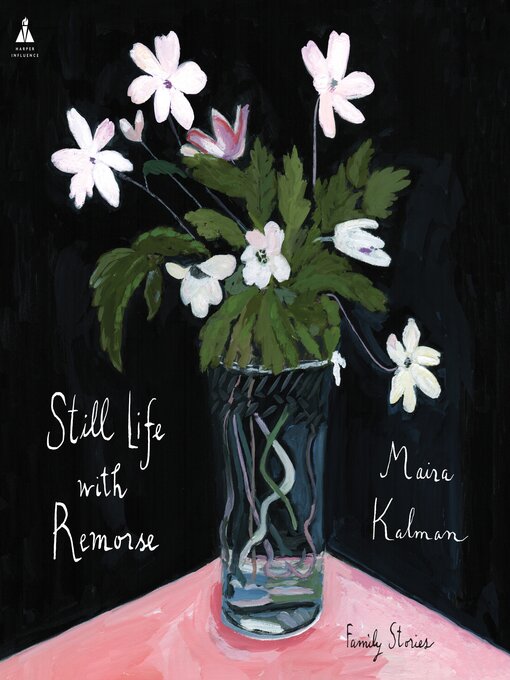From the critically acclaimed artist, designer, and author of the bestsellers The Principles of Uncertainty, My Favorite Things, and Women Holding Things comes a moving meditation on remorse, joy, ancestry, and memory.
Maira Kalman's most autobiographical and intimate work to date, Still Life with Remorse is a beautiful collection of deeply personal stories in the vein of her and Alex Kalman's acclaimed Women Holding Things.
Tracing her family's story from her grandfather's birth in Belarus and emigration to Tel Aviv—where she was born—Maira considers her unique family history, illuminating the complex relationship between recollection, regret, happiness, and heritage. In addition to vignettes exploring her Israeli and Jewish roots, Kalman includes short stories about other great artists, writers, and composers, including Leo Tolstoy, Franz Kafka, Gustav Mahler, and Robert Schumann.
Through these narratives, Kalman uses her signature wit and tenderness to reveal how family history plays an influential role in all of our work, lives, and perspectives. A feat of storytelling and vulnerability, Still Life with Remorse explores the profound hidden in the quotidian, and illuminates the powerful universal truths in our most personal family stories.


